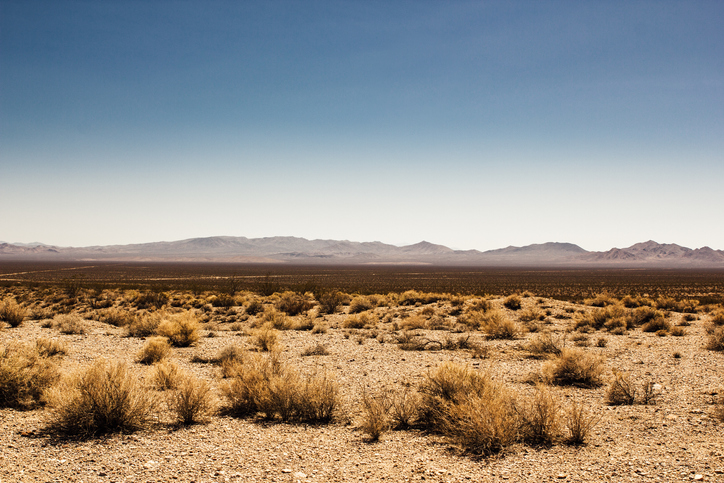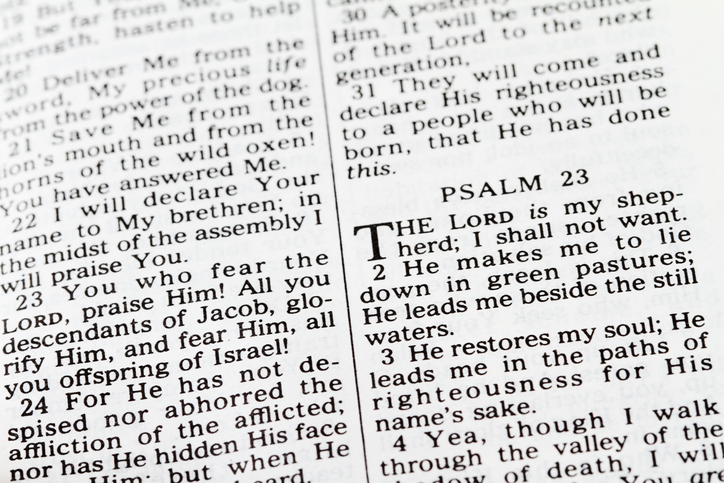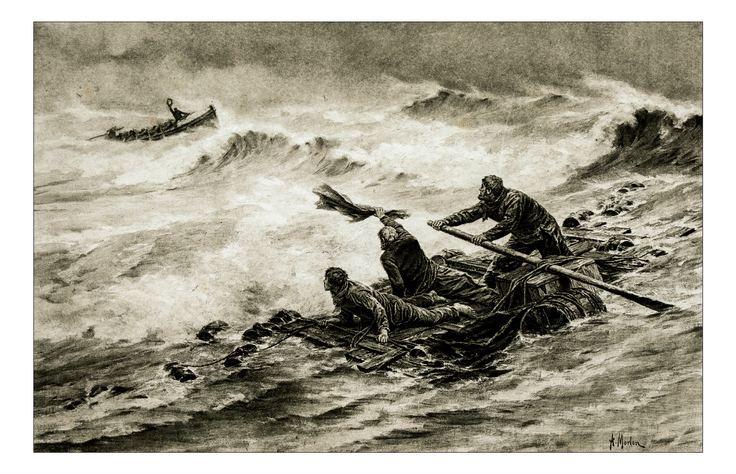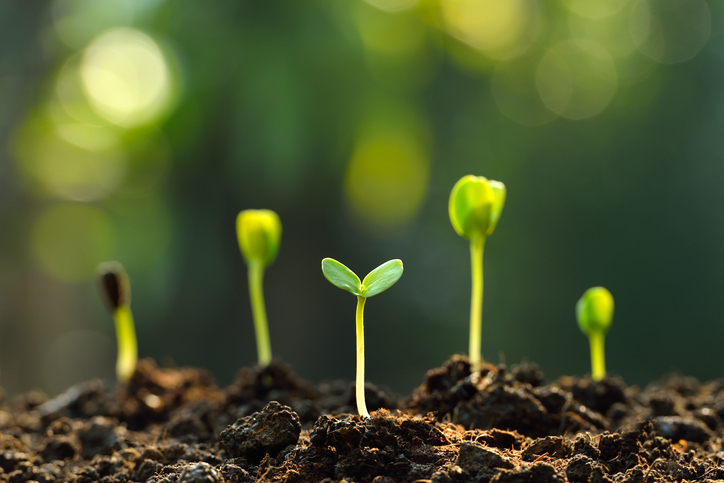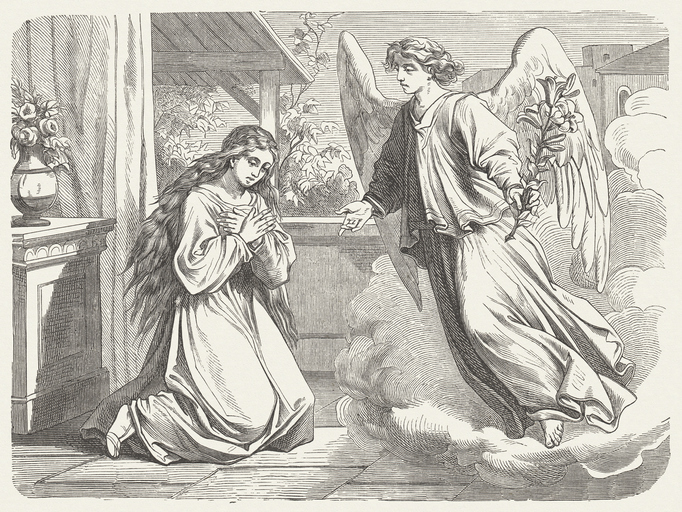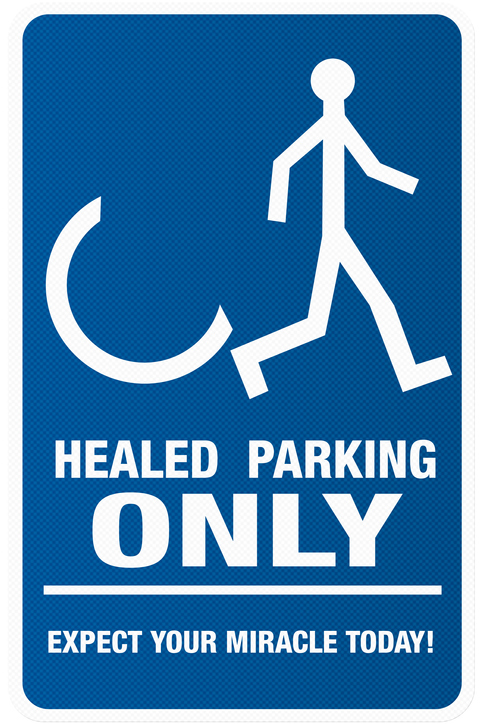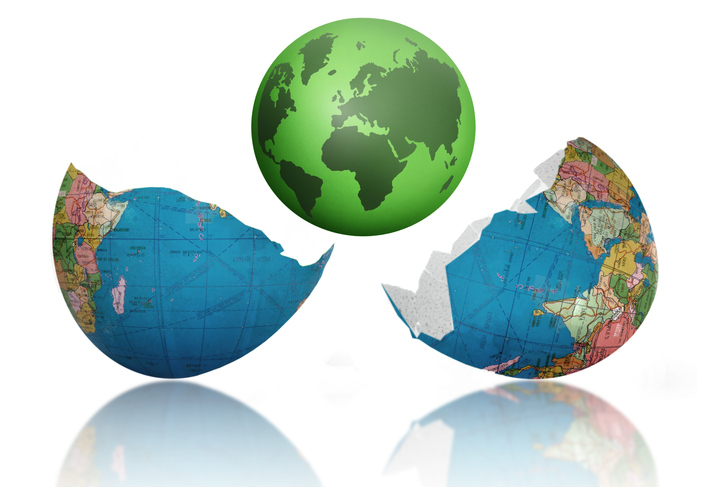What is freedom? The world’s idea of freedom is an absence of restraint so that we can do what we want, when we want, in the way that we want. But reason tells us that this is a false “freedom” that simply makes us slaves to our whims and emotions and selfishness (like toddlers, really). True freedom is the power to say yes to what is good and true and beautiful, and realize the profound potential in each of us, to enter into the great adventure that is God’s calling in our lives.
Most of us feel that we could be better people, but something is holding us back – some habit, some wound, some lack of understanding or talent. We could be so much more, but our fallen nature finds itself stuck in a mediocrity that has us comparing ourselves to others and wishing for more. We are not fully free to be what we sense we could be.
Can “truth” set us free? Only if what enslaves us is “not truth,” right?
Freedom is not just the ability to make any choice at all. Freedom is the potential we possess to reach the excellence we long for by intentionally choosing what is in accordance with the truth. This is why we must abide in God’s word and walk in truth in order to be truly free.
This is the message Jesus gives the Jews in today’s Gospel. He tells them the truth will set them free, but they do not understand, because they do not think they are enslaved in any way. Jesus tells them that everyone who sins is a slave. A slave of sin. Because sin is an act against truth, a choice against truth. They are slaves to sin because his word has “no room” in them. They are filled with their own ideas and their own pretensions, their own understanding. They have no room or patience for the ideas and words of this itinerant preacher who is turning their way of life upside down and stirring up trouble.
The freedom God gives us is so complete that we are free to say NO to Him. Because if we can’t say “no,” we can’t really say “yes.” A forced YES is meaningless.
What must we do to be truly free? Jesus tells us the way to walk as children of the Father: if we accept Jesus’ word (which comes from the Father), we will be his true disciples; in following him, we will come to know the truth and be truly free.
Freedom is in the heart and spirit, even when we are not physically free (whether from illness or circumstances or disability or quarantine!). If we carry the love of the Lord in our hearts and desire His will and the good of others, we remain in the truth and in profound interior freedom.
It is this profound freedom that gives true meaning to our YES.

Kathryn Mulderink, MA, is married to Robert, Station Manager for Holy Family Radio. Together they have seven children (including newly ordained Father Rob and seminarian Luke ;-), and two grandchildren. She is a Secular Discalced Carmelite and has published five books and many articles. Over the last 25 years, she has worked as a teacher, headmistress, catechist, Pastoral Associate, and DRE. Currently, she serves the Church as a writer and voice talent for Catholic Radio, by publishing and speaking, and by collaborating with the diocesan Office of Catechesis, various parishes, and other ministries to lead others to encounter Christ and engage their faith. Her website is https://www.kathryntherese.com/.

